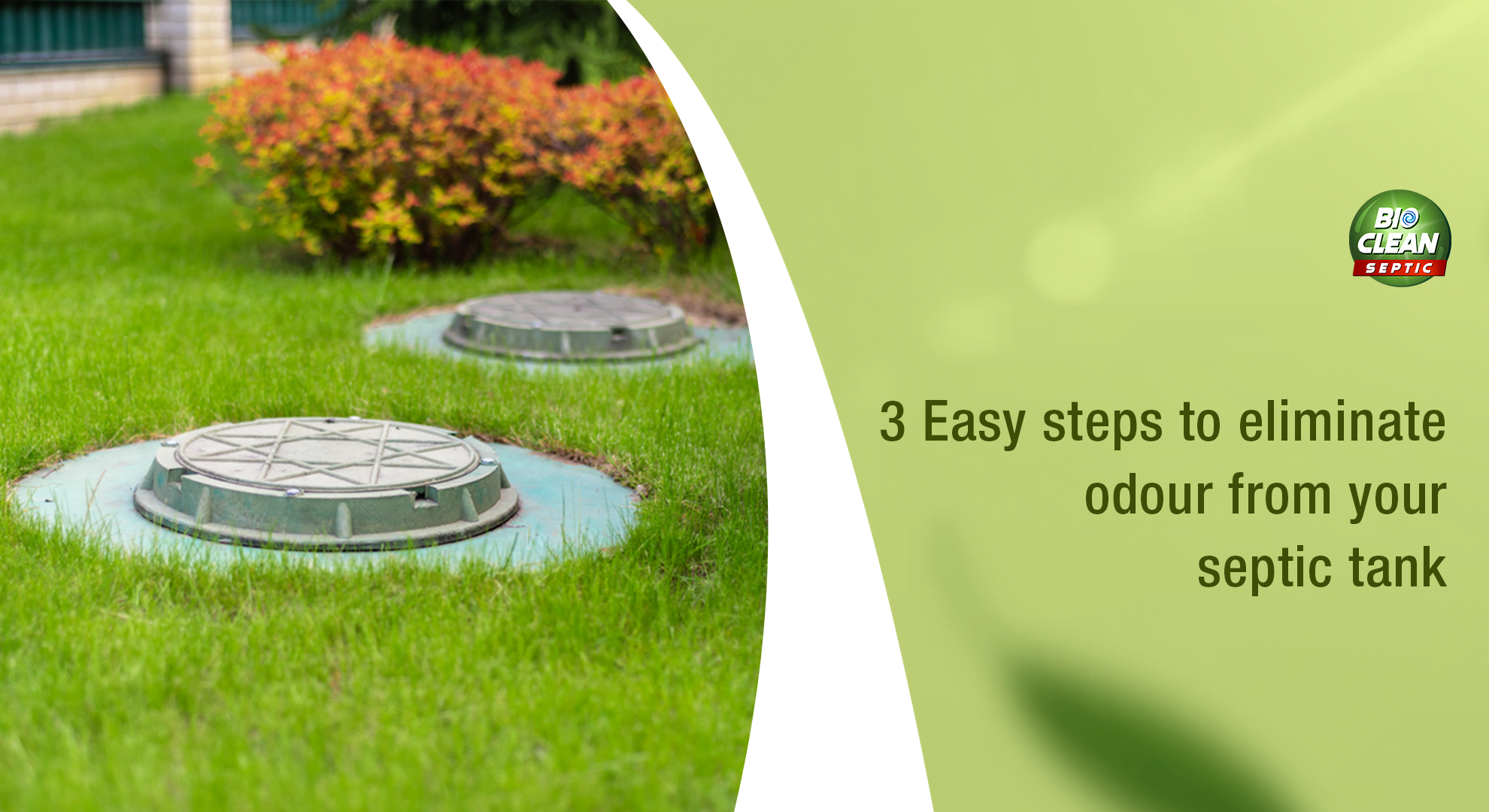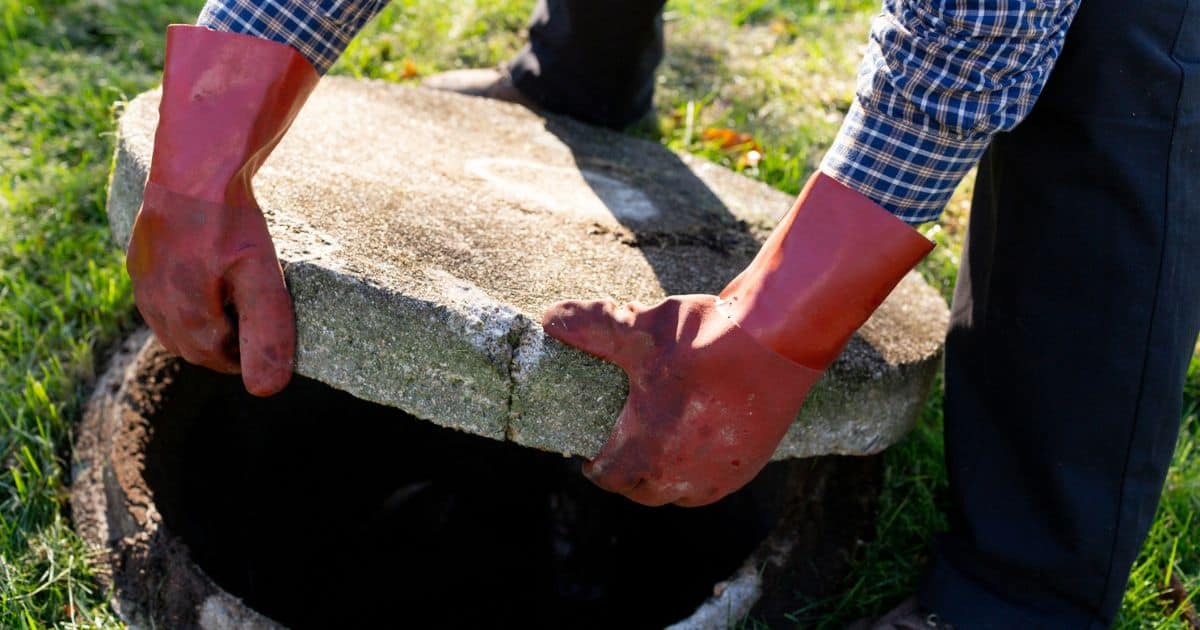
Why Does Your Septic Tank Smell Like Rotten Eggs?
That unmistakable stench of rotten eggs wafting from your yard? It's not a prank; it's a clear sign that something's amiss with your septic system. While the image of bubbling, foul-smelling sludge might conjure feelings of disgust, understanding the source of the odor is the first step to resolving the problem and preventing a more significant, costly issue. This pungent smell, often described as resembling sulfur, points to a specific culprit lurking within your underground waste treatment system: hydrogen sulfide.
The Culprit: Hydrogen Sulfide
The rotten egg smell you're experiencing is actually hydrogen sulfide (H2S), a colorless, flammable gas produced by anaerobic bacteria. These bacteria thrive in oxygen-deprived environments, which is precisely the condition found deep within your septic tank. As these microorganisms break down organic waste â€" the sewage from your home â€" they release H2S as a byproduct. While a small amount of H2S is normal, a strong odor signals a problem. This problem often stems from an imbalance within the septic tank's ecosystem, leading to an overabundance of these bacteria and, consequently, a significant increase in H2S production.
Causes of Excessive Hydrogen Sulfide Production
Several factors contribute to the overproduction of hydrogen sulfide and that resulting noxious smell. Let's explore the most common causes:
System Overload
Overloading your septic system is a major culprit. Pouring excessive amounts of grease, chemicals, or non-biodegradable materials down the drain disrupts the natural bacterial balance, fostering anaerobic conditions and encouraging the growth of hydrogen sulfide-producing bacteria. This overload slows down the decomposition process, leading to a buildup of waste and a stronger release of H2S.
Insufficient Aeration
Lack of oxygen within the septic tank is another critical factor. Septic systems require a delicate balance between anaerobic and aerobic bacteria. While anaerobic bacteria break down waste, aerobic bacteria need oxygen to complete the decomposition process. A lack of oxygen, perhaps due to a poorly designed system or a clogged drain field, creates a haven for the anaerobic bacteria responsible for the hydrogen sulfide production.
Septic Tank Issues
Problems with the septic tank itself can also contribute to the foul odor. A malfunctioning septic tank, including a cracked tank, a failing effluent filter, or a clogged outlet pipe, prevents the proper flow and treatment of wastewater. This stagnant wastewater creates an ideal breeding ground for the anaerobic bacteria that produce hydrogen sulfide.
Drain Field Problems
Issues with the drain field are often overlooked. A clogged or failing drain field inhibits the proper dispersal of treated wastewater. This backup can lead to an increase in anaerobic activity within the tank and a stronger release of H2S.
What to Do About the Smell
If your septic system smells like rotten eggs, don't ignore it. This odor is a warning sign that requires immediate attention. Here's what you should do:
- Identify the source: Pinpoint the location of the smell to determine if it’s originating from the tank itself or the drain field.
- Limit water usage: Reduce the strain on your septic system by temporarily minimizing water consumption.
- Avoid using harsh chemicals: These can disrupt the bacterial balance and exacerbate the problem.
- Call a septic professional: A qualified septic service technician can diagnose the problem, determine the extent of the damage, and recommend the appropriate solution, which may include pumping the tank, repairing the drain field, or replacing the system.
Addressing the underlying issue promptly is crucial to preventing more significant problems, such as a complete septic system failure, environmental contamination, and costly repairs.











